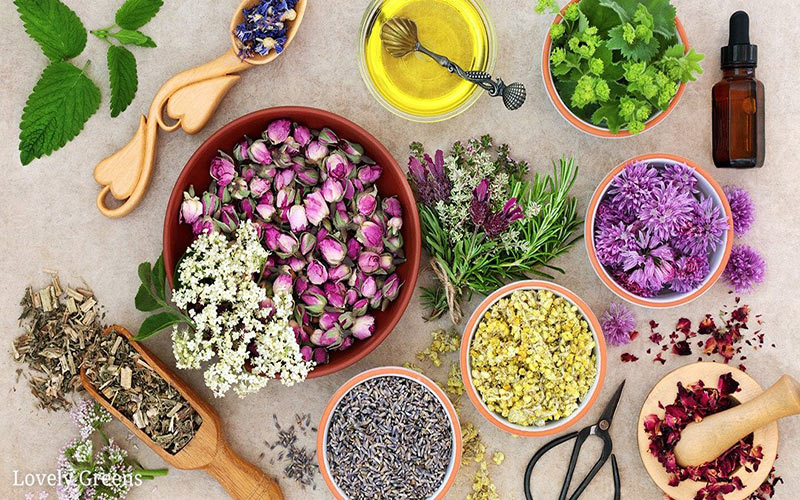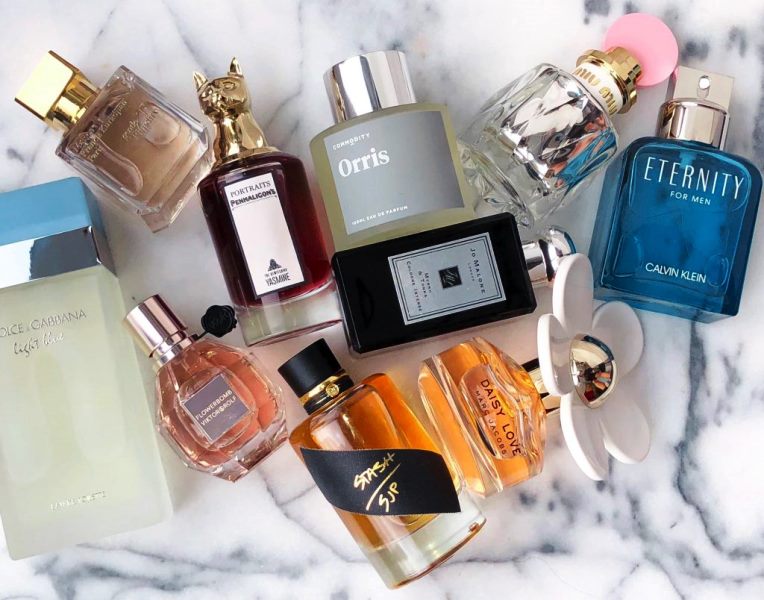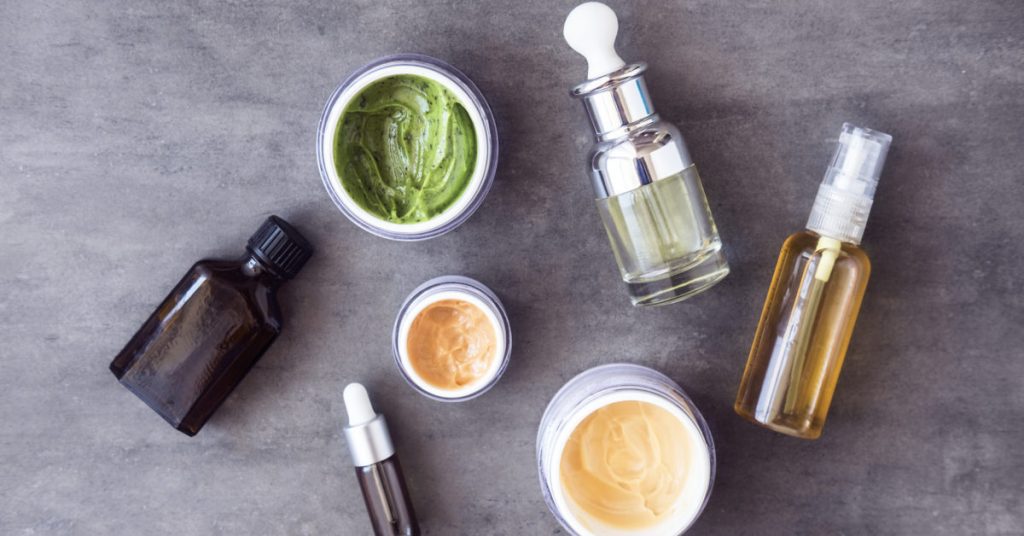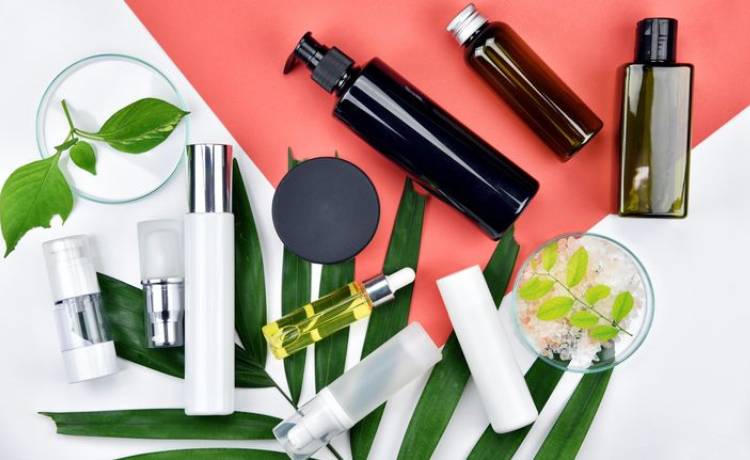The word essential oil is a French word that has also become common in Persian. This French word has equivalents in Persian such as Atrmayeh. But to define what essential oils are, it is necessary to say that essential oils are aromatic compounds produced from plants, flowers, trees, leaves and fruits. Depending on their type, essential oils are produced by different methods such as distillation, compression, solvent extraction, etc. and are known as substances that help to scent various products

In the distillation process (heating the plant with water to separate its compounds), the essential oils rise to the surface of the water and can be separated. What remains after the distillation and separation of the essential oils is the remaining aromatic water, which is called herbal infusions.
What are the uses of essential oils?
Essential oils are among the products that are in high demand and consumption due to their many uses in various industries. Here are some of the main uses of essential oils:
Cosmetics, health, and skin care products: Essential oils are used as fragrances and flavoring agents in soaps, lotions, creams, and lipsticks.
Food and Beverage: Some essential oils are used as flavorings in the food and beverage industries.
Perfumery industry: Various essential oils are used as a base for the production of perfumes, sprays, and colognes.
Medicines and supplements: Some essential oils have medicinal properties and are used in supplements and medicines.
Aromatherapy: Essential oils such as lavender essential oil are used to reduce stress, anxiety, and improve sleep.
Insecticides: Some essential oils are known as natural insecticides and are widely used in the agricultural industry.
These uses demonstrate the importance and diversity of essential oils in everyday life.

Why are essential oils used in the production of cosmetic products?
Essential oils are used in cosmetics for a number of reasons. The first is to create pleasant scents that enhance the user experience. Essential oils can create a sense of freshness and vitality, making products more appealing.Additionally, some essential oils have antiseptic and anti-inflammatory properties that help promote skin health. For example, tea tree oil and lavender oil help reduce inflammation and skin infections.Essential oils can also be effective in masking the unpleasant odor of chemicals used in products and adding pleasant aromas to them. Finally, the presence of essential oils can differentiate brands and set them apart in a competitive market. Overall, essential oils enhance the health and appeal of cosmetic products.

Which cosmetic products use essential oils in their production?
Essential oils play an important role in the production of cosmetics and health products and are used in many products. some of these products include the following
Perfumes and colognes: Essential oils are used as the main liquid fragrance in the production of various perfumes and colognes, giving these products their aroma and charm
Creams and Lotions: Natural and aromatic essential oils are used in the formulation of moisturizing, anti-aging creams and body lotions to provide a pleasant aroma and a relaxing feel
Shampoos and conditioners: In the production of shampoos and conditioners, essential oils are used to improve the smell of the product and create a feeling of softness and relaxation during use
Soap and body wash products: Natural essential oils are used in soaps and other body wash products to not only produce a nice scent, but also have antimicrobial properties
Cosmetic products: such as lipsticks and mascaras, which essential oils give a pleasant scent and create a pleasant feeling during use
Antiperspirant products: Essential oils are used in these products to reduce body odor and create a feeling of freshness and freshness

?How much essential oil is used in cosmetic products
The amount of essential oil in cosmetic products depends on the type of product, its intended use, and its formulation. Generally, the concentration of essential oils in these products varies between 0.1 and 5 percent. For certain products, such as perfumes and colognes, this amount can reach30 percent or more
?Do essential oils increase the shelf life of cosmetic products
Yes, essential oils can extend the shelf life of cosmetic products. These compounds can inhibit the growth of microbes and bacteria due to their antiseptic and protective properties, which helps maintain the quality and safety of the product. In addition, essential oils usually have antioxidant properties that can prevent the degradation of the product's internal ingredients due to oxidation.
?How can you increase the longevity of essential oils in cosmetic products
To increase the longevity of the scent of industrial essential oils in cosmetic products, various methods and techniques are used that help preserve the scent of these essential oils over time, including:
Use of stabilizers: These substances cause the fragrance molecules to be released gradually, preventing them from evaporating quickly, and the scent of the product is preserved for a longer period of time. Stabilizers can also prevent the oxidation of essential oils, which is one of the factors that reduce the longevity of the scent.
Product formulation optimization: This method is also of great importance. Combining essential oils with appropriate stabilizers and compounds can reduce evaporation and increase the stability of essential oils. For example, combining essential oils with fatty or oily substances can help reduce evaporation, as these substances slow down the evaporation rate of essential oils.
Use appropriate packaging: Using appropriate packaging that prevents air and light from penetrating the product can also help preserve the scent of the essential oil. Light- and oxygen-resistant packaging prevents oxidation and loss of scent of essential oils and increases the longevity of their scent.











